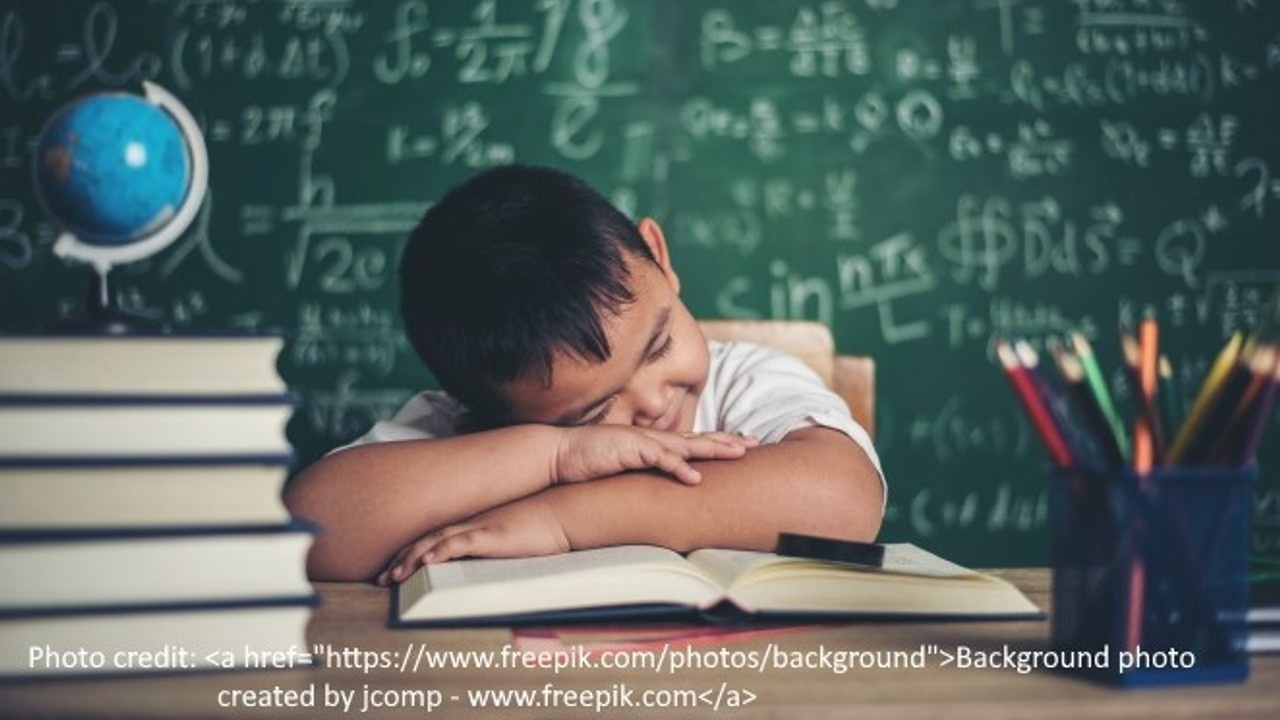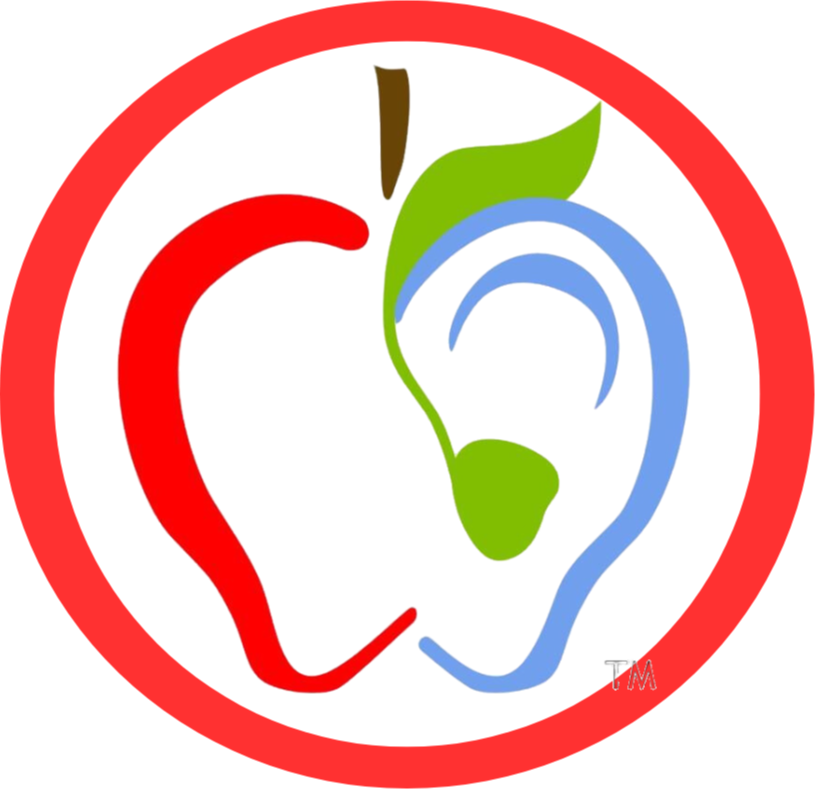
Supporting Numeracy and Math Development in Young Children
Presented Marcy Dicker, Gallaudet University
Have you ever wondered how to support mathematical skill development for young Deaf and Hard of Hearing children? The limited research shows that hearing children consistently outperform children who are deaf or hard of hearing in math. How can we ensure that D/HH children have equal opportunities to succeed in math, and ultimately participate in STEM related careers? At the University of Connecticut, Dr. Marie Coppola, a professor in Developmental Psychology, is investigating this very question: What is the effect of deaf children’s number language on their ability to count, estimate quantities and understand foundational mathematical principles? In this presentation, participants will be provided with an overview of numeracy in typically hearing children and Dr. Coppola’s research findings on D/HH children’s mathematical development, including young children who sign and those that use spoken language. Specifically, the findings of Dr. Marie Coppola’s Study of Language and Math research (https://slam.uconn.edu/) findings, funded by the National Science Foundation, and implications of the research will be explained in detail. Finally, ideas and suggestions for embedding numeracy in a child’s day-to-day language and play will be shared.
Learner Outcomes:
The participant will be able to:
1) identify typical number development benchmarks in young children.
2) describe the Study for Language and Math findings and implications for children who are deaf/hard of hearing.
3) identify several activities that can support numeracy and math development in young children who are deaf/hard of hearing.

